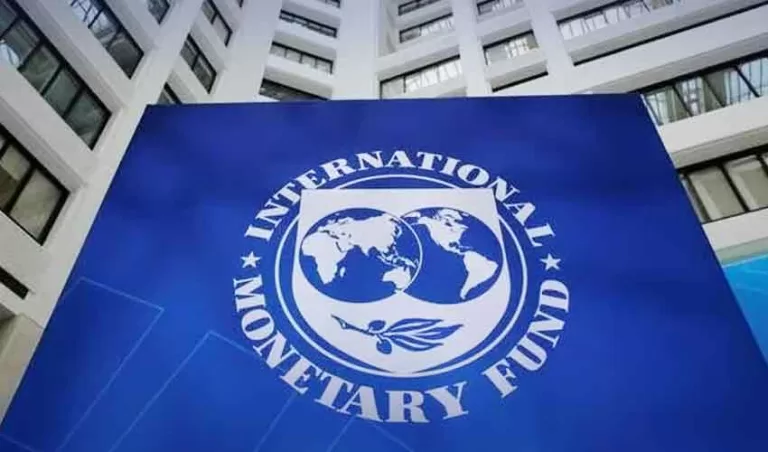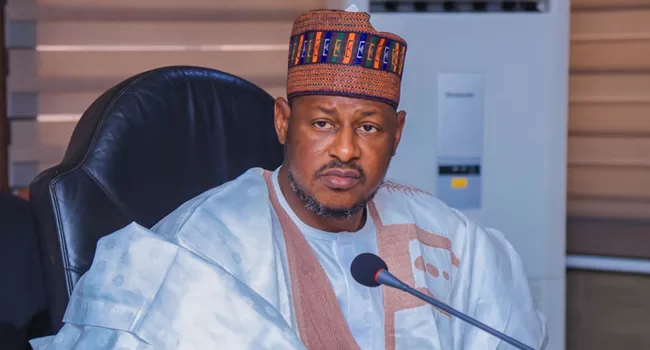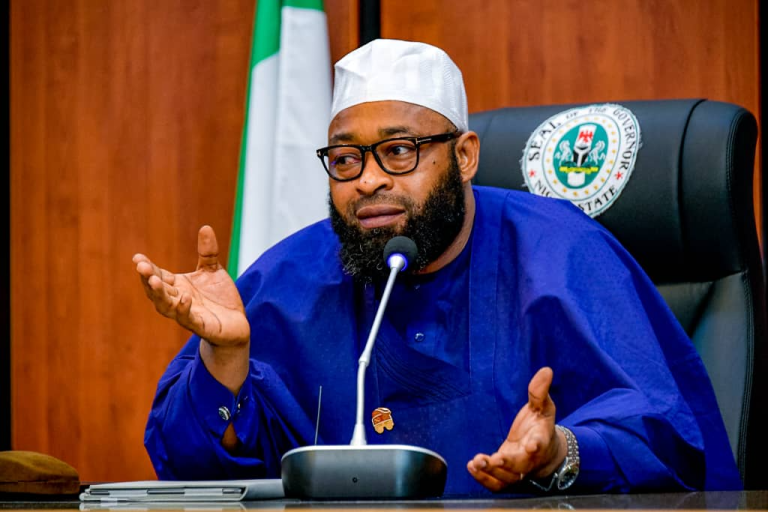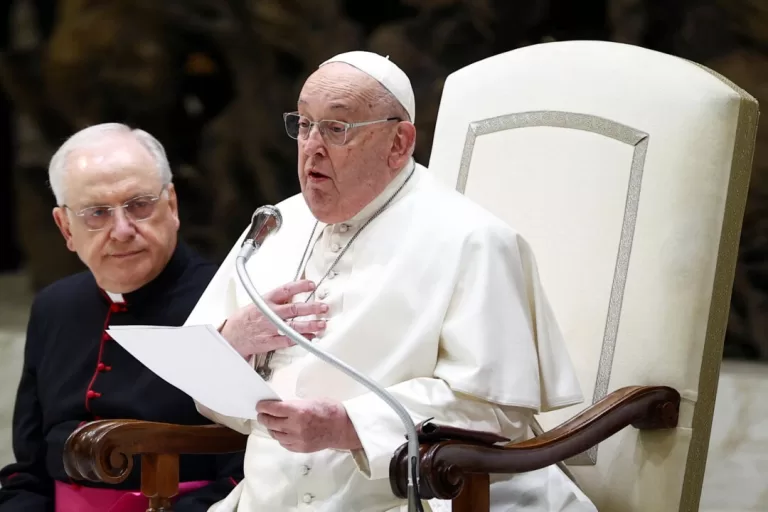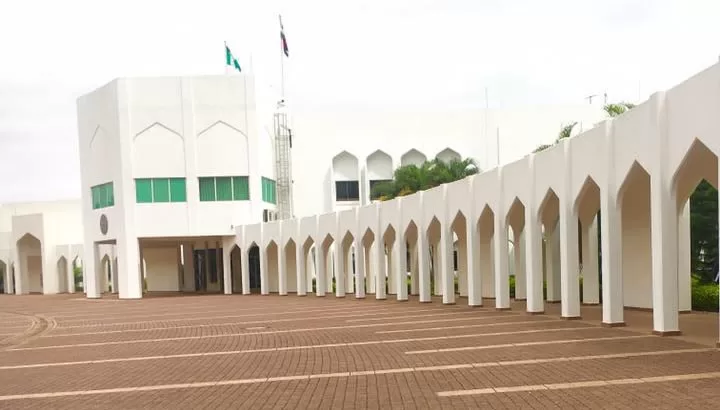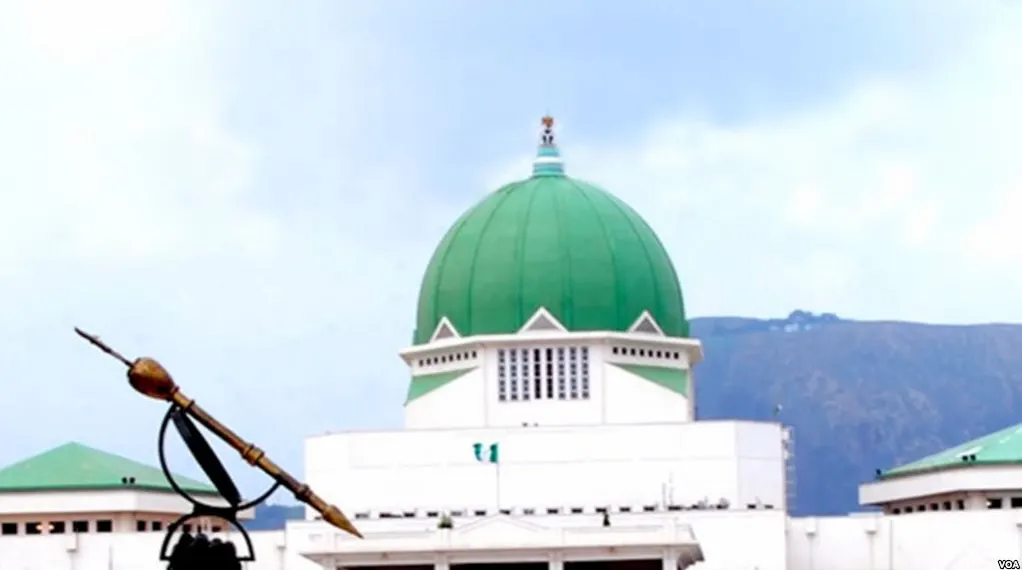
A new report from the Office of the United States Trade Representative (USTR) has spotlighted transparency concerns within Nigeria’s government procurement system—particularly the independent practices of the National Assembly, which it says remain outside formal oversight.
The findings were detailed in the 2025 National Trade Estimate (NTE) Report on Foreign Trade Barriers, an annual review that identifies trade restrictions affecting U.S. businesses abroad.
While the Bureau of Public Procurement (BPP) has introduced measures to make bidding procedures more accessible—such as publishing procurement processes and tender details online—the report asserts that Nigeria’s National Assembly conducts procurement independently, without BPP supervision.
“Nigeria’s National Assembly operates its own procurement process that is not subject to BPP oversight and lacks transparency,” the report stated.
This lack of accountability has raised red flags over possible inefficiencies and corruption, hampering trust in the system and discouraging foreign participation.
U.S. Firms Face Payment Delays, Bureaucratic Hurdles
According to the report, U.S. companies have secured contracts in Nigeria across various sectors, but many struggle with delayed payments and inconsistent adherence to procurement rules. These challenges, it says, disincentivize firms from engaging in future bids.
It also notes that government-subsidized foreign financing often plays an outsized role in awarding contracts—creating an uneven playing field for bidders, especially those from countries without such arrangements.
Among the most serious issues cited:
- Contracts are frequently awarded before financial clearance is obtained or before the mandatory “Certificate of No Objection” is issued by the BPP.
- Foreign companies may be required to partner with local firms or join consortia, increasing the complexity of bidding.
- Customs practices and trade policy inconsistencies continue to pose obstacles to cross-border trade.
A Weak Link in Reform: The National Assembly
The Public Procurement Act of 2007 established the BPP as the national regulatory body overseeing government procurement. While most executive agencies are bound by BPP regulations, the National Assembly has retained its autonomy—a loophole that, according to the USTR, undermines broader reform efforts.
In addition, Nigeria is not a signatory or observer to the WTO Agreement on Government Procurement, limiting its access to international standards that could help bolster transparency and competitiveness.
The Bigger Picture: U.S.-Nigeria Economic Relations
The report comes at a time when Nigeria is seeking stronger economic and strategic ties with the United States.
Following a bilateral meeting between President Bola Tinubu and U.S. Senior Advisor for Africa Massad Boulos in Paris, the Nigerian government announced plans to build a strategic economic and security partnership with the U.S.—aimed at fostering mutual prosperity and regional stability.
However, these ambitions may be complicated by unresolved trade issues. A 14% tariff on Nigerian exports, introduced by the Trump administration, remains in place. Despite this, the U.S. has continued to express interest in deepening its investment footprint in Nigeria and across Africa.
What’s Next?
The USTR’s findings underscore the urgent need for Nigeria to strengthen procurement oversight, ensure compliance with financial and ethical standards, and align more closely with global best practices.
If Nigeria hopes to attract sustained foreign investment and forge strategic alliances—especially with major economic partners like the U.S.—its ability to deliver transparent, rules-based governance will be critical.
As the world’s largest black democracy continues its journey toward economic revitalization, ensuring clean and credible procurement may be one of its most powerful tools for building long-term trust.


